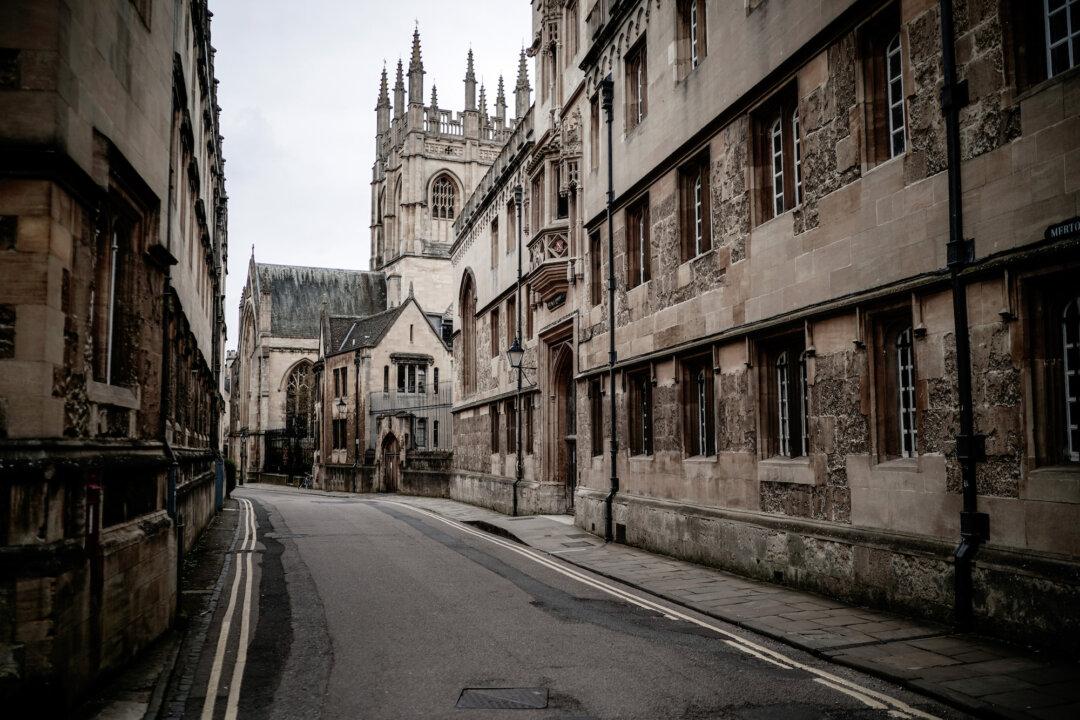Oxfordshire County Council is proposing a scheme whereby motorists can only drive for 100 days of the year with a special permit or risk a fine in order to “reduce the need to travel in private cars.”
A council scheme in Oxfordshire, South East England, wants to divide the city of Oxford into six districts from next August with strict rules on how often motorists can drive and where they can go in the town centre.




